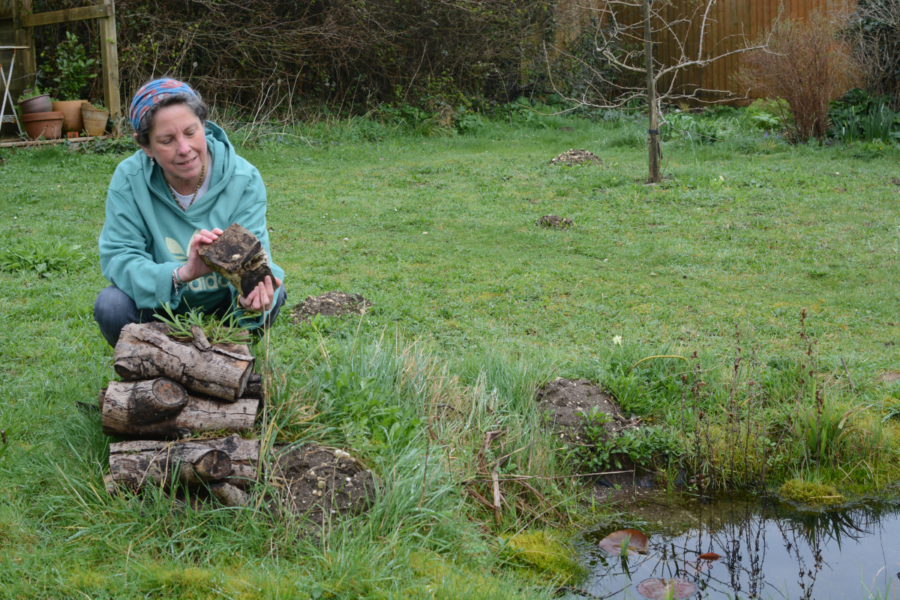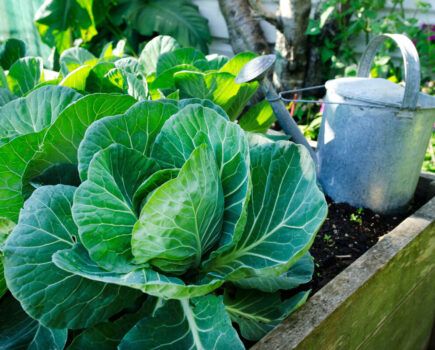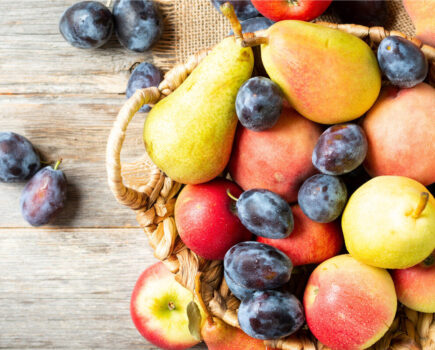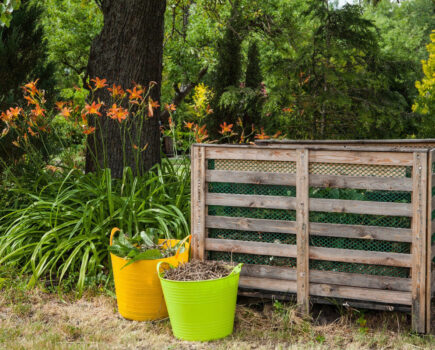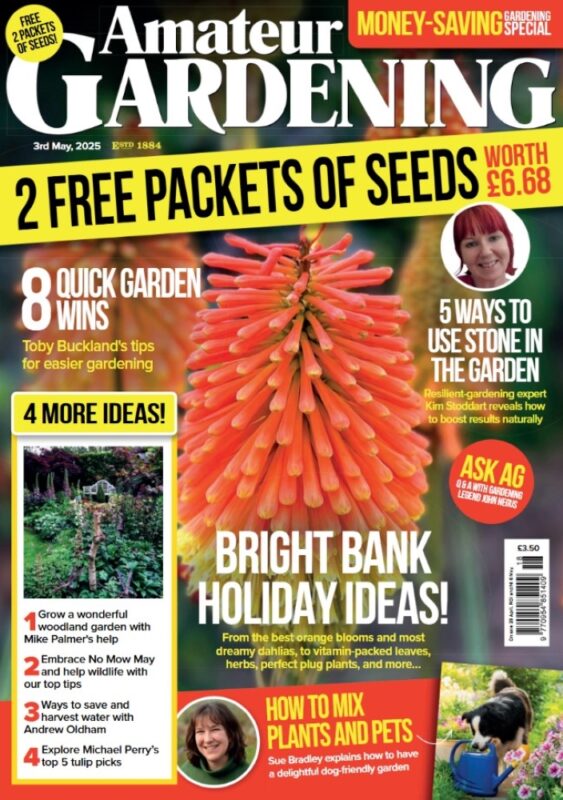How natural methods create a healthy, affordable garden
I was in the garden centre the other day and the shelves of weedkillers and pesticides caught my eye. There are so many products for killing things – and would you look at the prices! We don’t use chemicals in the garden apart from fertilisers and the less we use them, the more growing success we have.
Natural methods are more effective and so much cheaper!
It sounds counterintuitive, but over the years by welcoming nature, not using pesticides, and digging up weeds instead of spraying them, we have created a balanced, diverse ecosystem in our little patch and harnessed the power of nature.
Yes, we lose things – our brassica crops last year looked like moth-eaten doilies but that was because the netting we bought to protect them didn’t have a fine enough mesh to keep out the cabbage whites. Lesson learnt, meanwhile, our other fruit, veg and flowers did extremely well.
So what do we do? We create invertebrate habitats around the garden, such as log piles, and feed garden birds, creating safe spaces for them to roost and nest. They ‘thank’ us by picking caterpillars, aphids and other pests off the plants.
Harlequin ladybirds get a bad press, but just like our native varieties their larvae will feast on greenflies and aphids, so don’t be too hasty to squish them. Lacewing and hoverfly larvae also eat aphids with gusto. Ground beetles, centipedes and spiders are avid mini-pest destroyers, and don’t forget hedgehogs, frogs, toads and slow worms too. All these creatures help create a balanced garden ecosystem and if one vanishes, it removes a critical layer of natural life.
Nature has enough to contend with without our use of chemicals, so instead of poisoning your garden, use it to create a natural framework, and save your pennies for bird seed not pesticides!
What do you think about non-chemical gardening? What works best for you? Email us your ideas editor@amateurgardening.com
Small helpers
Give wasps a chance!
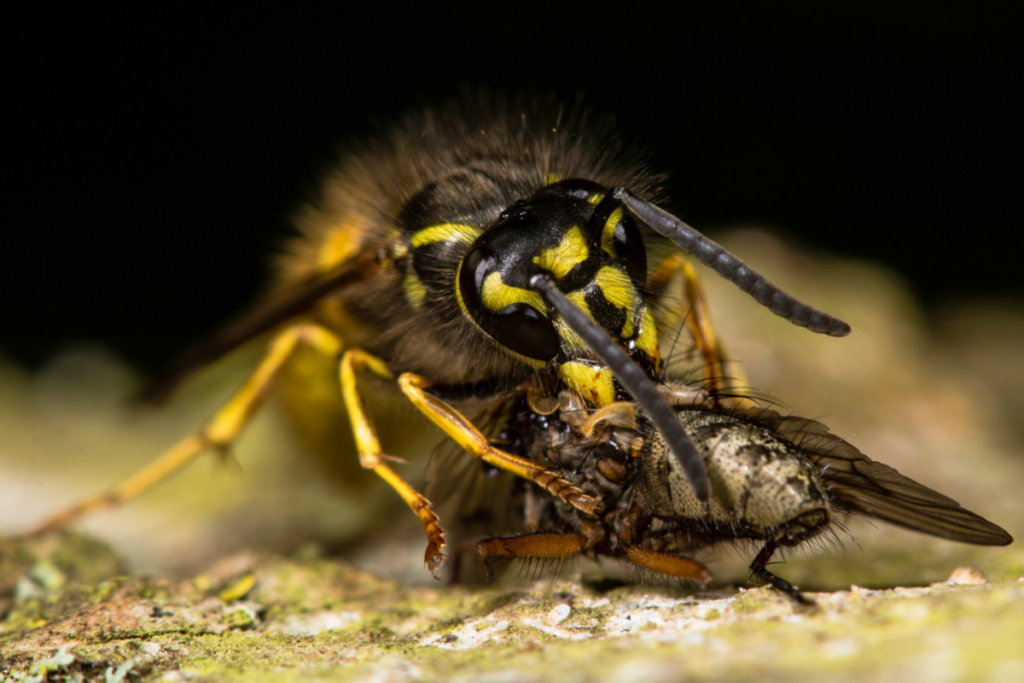
1. There are more than 7,000 species of wasp in the UK and in an average year, social (nest building) wasps will eat over 14 million kilograms of pests, from flies and caterpillars to aphids. They also help pollinate plants as they search for nectar.
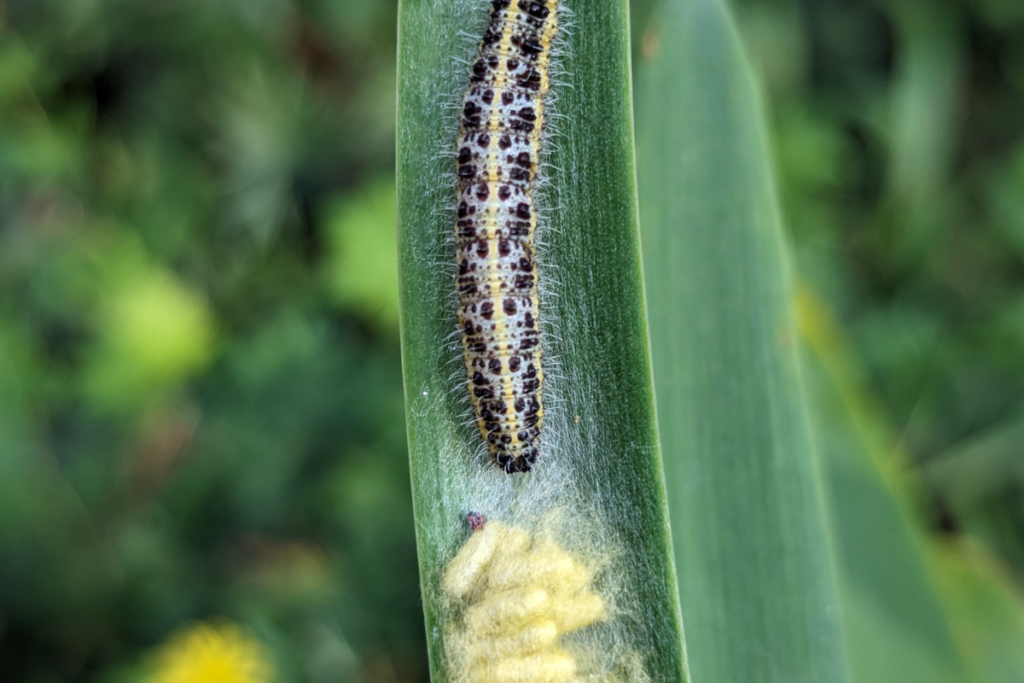
2. The parasitic wasp Cortesia glomerata lays eggs in caterpillars, which then hatch and eat the grub alive before emerging and forming cocoons near its body. Look out for them around your brassicas!
Four ways to protect plants naturally
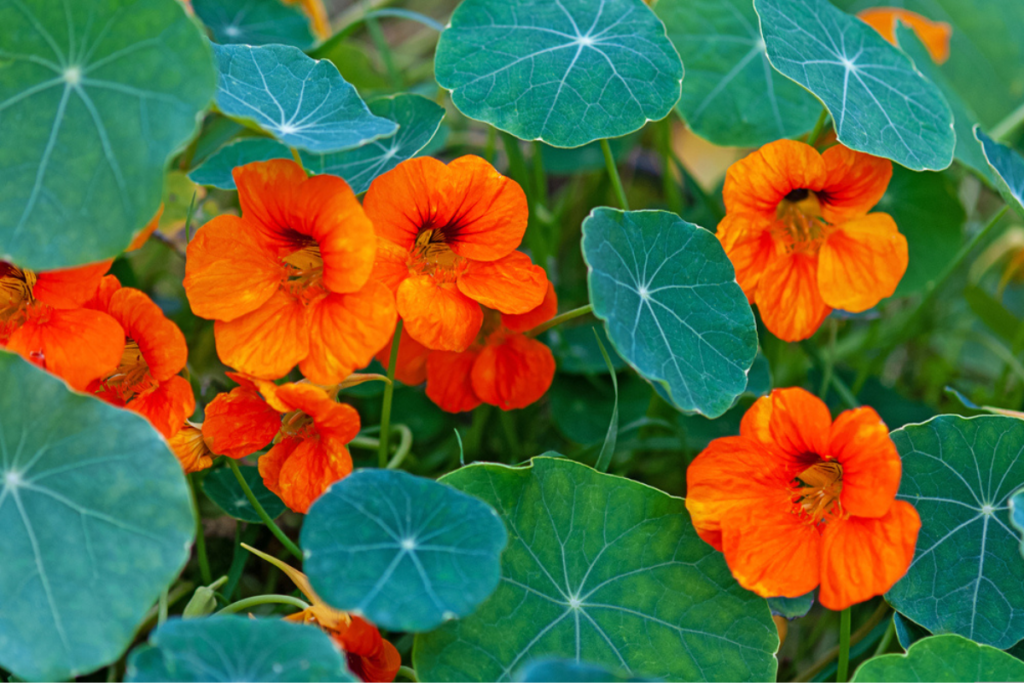
1. Grow companion plants such as nasturtiums and calendulas close to crops. Pests such as butterflies and aphids will go to them before cultivated plants and pollinators also love them.
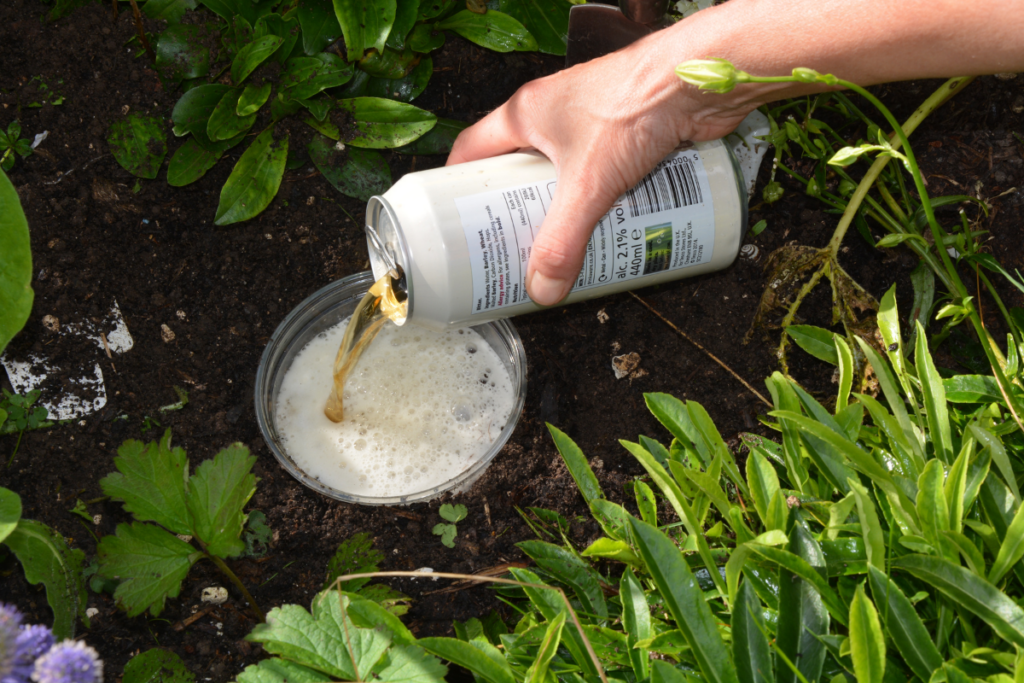
2. Set beer traps for slugs and snails, making sure the pot rim is just above soil level sp beetles, spiders and millipedes don’t fall in and drown.
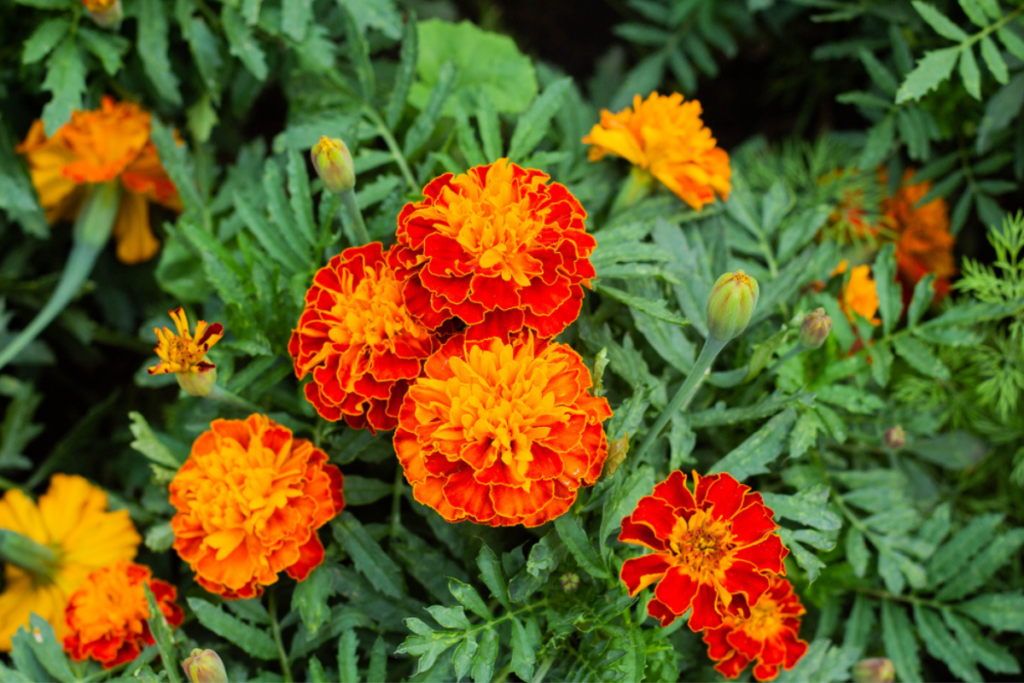
3. Grow tagetes (French marigolds) around your tomatoes because researchers have discovered that their scent deters whitefly.
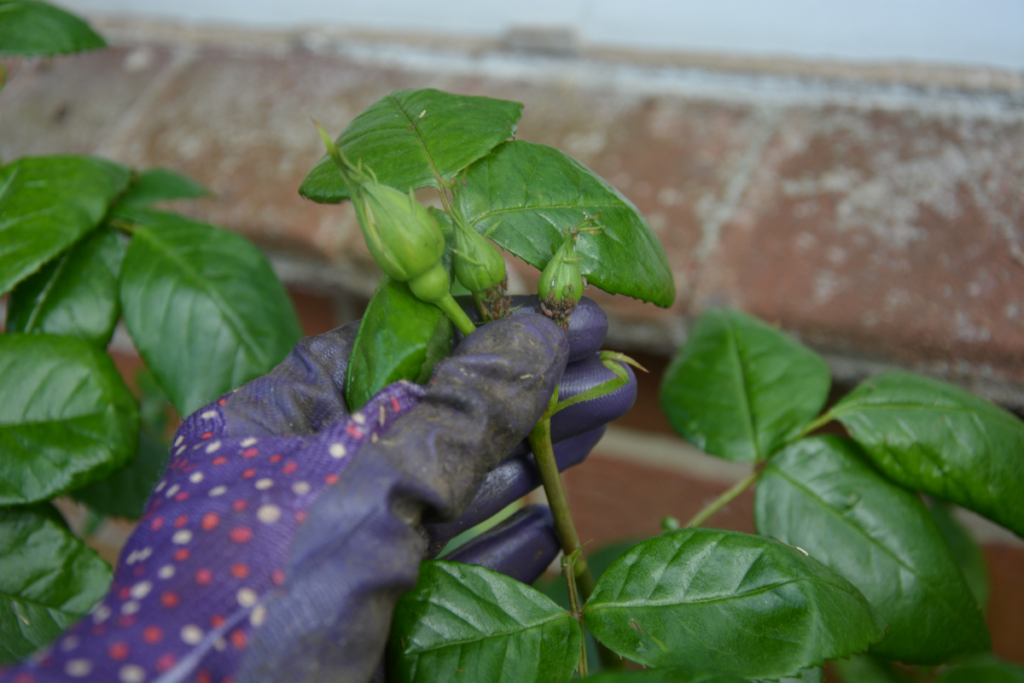
4. There is something very satisfying about squishing aphids! Gloves are optional, but get rid of small colonies before they have time to become an infestation.
Find more tips, advice and articles like this at the Amateur Gardening website. Subscribe to Amateur Gardening magazine now.

